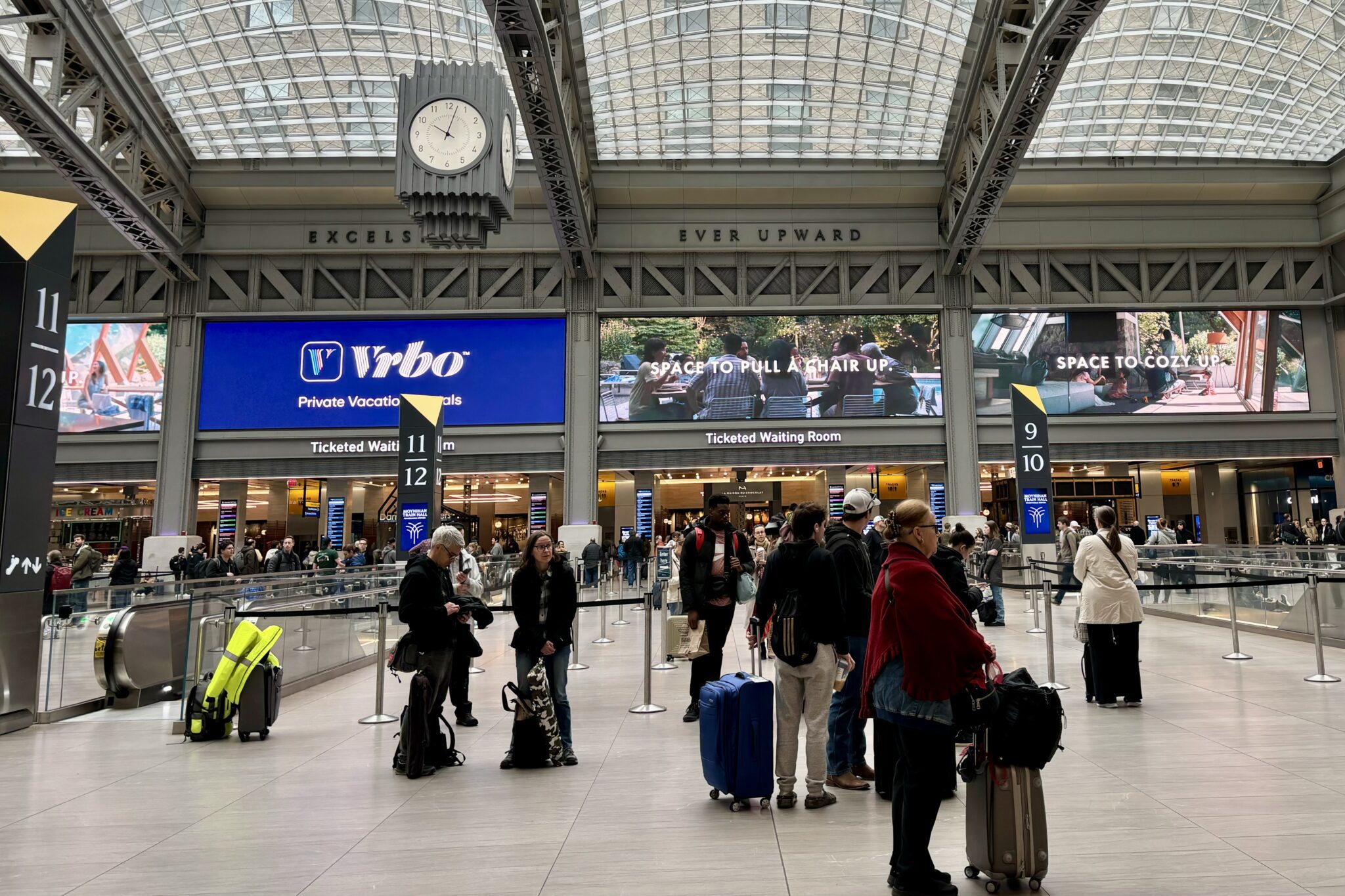Rental Supply Slows, Saudis' Chinese Push and Sustainable Travel Woes

Skift Take

Skift Daily Briefing Podcast
Listen to the day’s top travel stories in under four minutes every weekday.Good morning from Skift. It’s Tuesday, October 22, 2024, and here’s what you need to know about the business of travel today.
Listen Now
🎧 Subscribe
Apple Podcasts | Spotify | YouTube | RSS
Episode Notes
The growth of U.S. vacation rental and short-term rental supply has been slowing down, a trend that will likely continue next year, reports Senior Hospitality Editor Sean O’Neill.
Vacation rental and short-term rental supply in the U.S. has grown 10% in 2024 from last year, according to analytics firm Key Data. However, that’s down from 20% two years ago. Key Data said one factor for the supply deceleration is a shortage of housing.
Analysts at Truist Securities said that supply growth may continue to slow as some units become long-term rentals and migrant-focused corporate housing.
Next, Saudi Arabia is targeting Chinese travelers as part of its strategy to attract 150 million tourists by 2030, writes Editor-in-Chief Sarah Kopit.
Tourism Minister Ahmed Al Khateeb said in an interview with Skift that the kingdom believes it can attract 20-25% of the Chinese tourists who take mid-to-long-haul flights, often to Europe and the Middle East. It’s a “huge market,” he said, with an interest in traveling for culture and heritage.
Al Khateeb added Saudi Arabia has been actively promoting itself in China, including organizing a Saudi Travel Festival in Beijing recently.
Finally, travelers are largely aware of the importance of sustainability. But there’s a gap between awareness and action, according to a new survey, writes Asia Editor Peden Doma Bhutia.
Trip.com’s Sustainable Travel Consumer Report found that 92% of travelers acknowledge the importance of sustainable travel. However, a little less than 57% of respondents said they practice sustainable travel. A major reason for the relative lack of action is general uncertainty about the concept, according to the survey. The divide is more apparent when it comes to paying extra for sustainable travel options, especially when it comes at a time of economic challenge and soaring living costs.
Skift’s in-depth reporting on climate issues is made possible through the financial support of Intrepid Travel. This backing allows Skift to bring you high-quality journalism on one of the most important topics facing our planet today. Intrepid is not involved in any decisions made by Skift’s editorial team.





